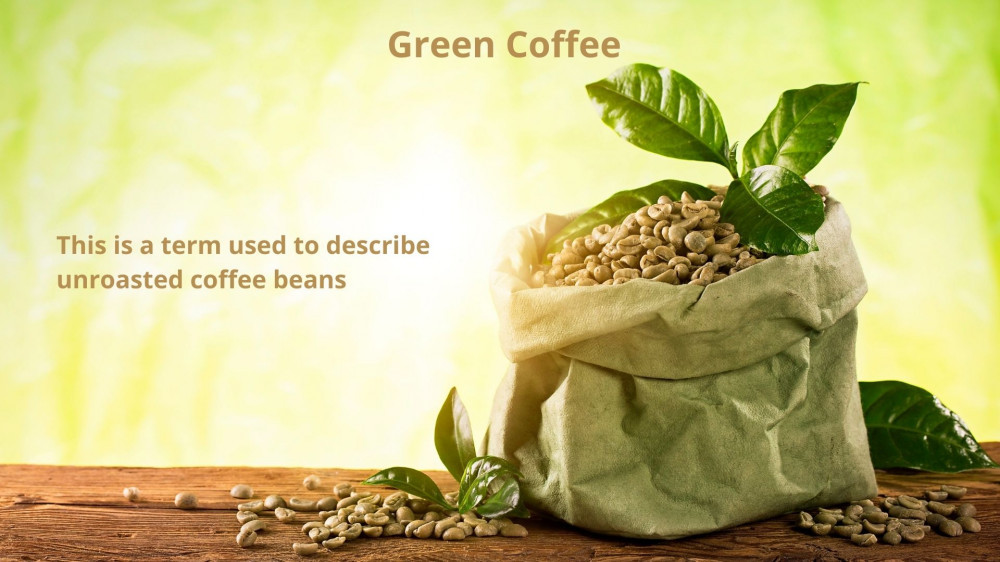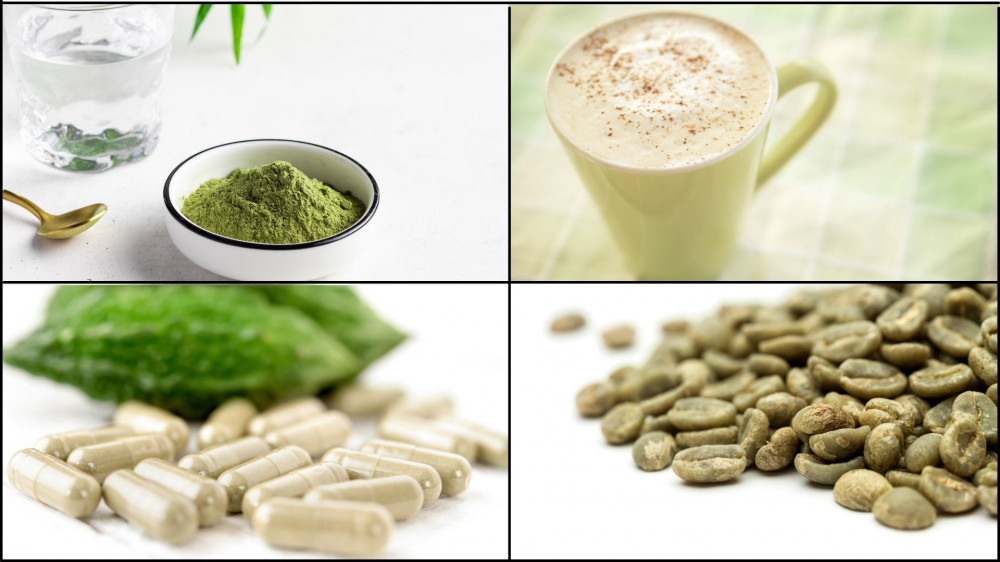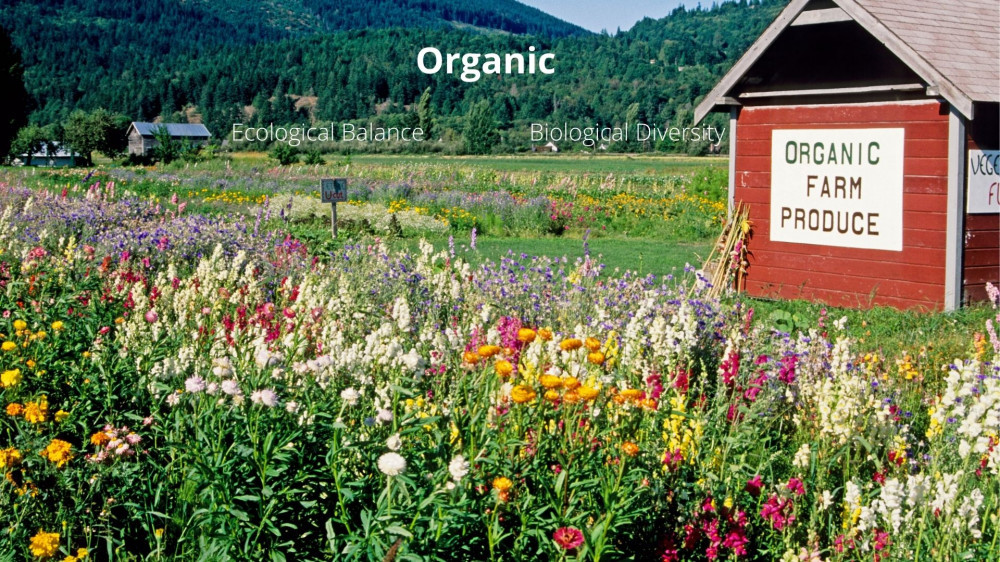Is It Simply Organic Coffee That Hasn’t Been Roasted?
The short answer is yes, though that’s hardly all there is to say.
Before proceeding, I want to mention a few things about green coffee regardless of the type of farming method used (conventional or organic). First, most of us know that color isn’t used to describe coffee similar to how it’s used for tea.
For coffee drinkers, color is rarely used to describe it at all. It doesn’t define coffee varieties, and once roasted coffee is essentially different shades of the same color.
Green coffee is how we refer to coffee before it is roasted, and it can be obtained and used in a variety of ways. I’ll be mentioning these before addressing the full topic of organic green coffee.

Green Coffee Can Serve a Variety of Purposes
Heat is a catalyst for many types of transformations, far beyond mere changes in temperature.
When coffee is roasted, there are some noticeable changes such as color, aroma, and taste. Coffee also transforms in ways that are less evident but no less significant.
Not much needs to be said about green coffee intended for eventual consumption after the beans are roasted and ground. That’s the end result that most companies and most people intend for green coffee beans.
On the other hand, green coffee for raw (unroasted) consumption is a more novel and intricate matter. I’ll hold off on looking further into this until the easy part is out of the way.
Green Coffee That Will Eventually be Roasted
Green Coffee stays fresh much longer than roasted coffee (when packaged and stored properly). This is particularly important for brands that roast in small batches and for those who roast their own coffee at home.
Small batch roasters can buy green coffee beans in bulk and save money by doing so. Their customers always get freshly roasted coffee, so it’s a win-win situation.
Those who roast coffee at home can also save by buying in bulk, and they can time their roasting and grinding for peak freshness. Then there’s the possibility of personalizing and varying roasting profiles as desired.

Green Coffee That is Consumed as Such
Green Coffee can be consumed “raw” in various forms. It can be prepared similar to the way roasted coffee is. It can also be included as an ingredient in foods and beverages, can be part of a dietary supplement, and can be consumed as an extract.
Coffee transforms physically and chemically once roasted. It will still have plenty of antioxidants, vitamins, and minerals.
Without getting into the technical details, green coffee can have advantages over roasted coffee due to its particular makeup (antioxidant types and levels compared to roasted coffee, etc.). The research available for green coffee is limited in comparison to what’s available for roasted coffee, but there is some scientific basis to support its benefits.
To summarize this section, green coffee potentially has some relative benefits over roasted coffee, some of which are more substantiated than others.

Organic Farming
So much could be said about organic farming and, more specifically, organic coffee, if that was the main point of this article. However, my objective is to explain what organic green coffee is relative to other coffee.
Similar to my approach above in describing the various things that green coffee can mean, I simply want to say what I consider is necessary to be able to have a basic understanding of organic coffee. Of course, to understand organic coffee, knowing what organic farming is in general is essential.
Organic farming entails a very structured and specific process aimed at producing crops in ways that are aided as much as possible by nature.
When transitioning from conventional to organic farming, the soil has to be free of applied prohibited substances for a period of three years. There needs to be an ample period of time to purge prohibited chemical residues.
Once a farm commits to using organic methods, everything is done with the goal of maintaining and sustaining a healthy and balanced natural state.
When implemented successfully, the soil, crops, organisms, and the elements coexist in balance and harmony to produce healthy crops now and in the future. Organic farming doesn’t prioritize the present at the expense of future yields.
An important part of organic farming is avoiding any negative effects that current crops and conditions could have on future crops.
The primary crops are not managed in isolation. Other crops and vegetation are incorporated to maintain healthy levels of nitrogen, in contrast to conventional methods that rely on added fertilizers for suitable soil nitrogen levels.
Ample vegetation also helps mitigate erosion and provides natural barriers to protect organic crops from contamination.
In addition to the considerations above, proper habitats need to be developed to minimize unwanted pests and disease that can harm crops.
Organic Coffee
Another proactive element of organic farming is selecting varieties that are naturally resistant to diseases that can harm crops. Coffee plant branches, stems, and leaves can be generally susceptible to damage from fungi, but some coffee plant varieties are more resistant than others.
Fungi aren’t the only danger to coffee plants. Insects can also be a problem, and there are 3 main ones: coffee leaf miners, coffee berry borers, and coffee stem borers. Conventional farming methods are reactive, so insecticides would be applied to contain outbreaks of these pests.
In organic farming, insecticides (the relatively few that are allowed) are a last resort when nature isn’t able to maintain its own balance. The pests mentioned above have natural predators, and adequate habitats will allow them to be present in sufficient numbers to keep the pests in check.
Trees that provide shade for coffee plants are beneficial in a number of ways, including helping with pest control.
Organic Green Coffee
Both organic coffee and green coffee are growing in appeal, though not exactly for the same reasons.
As mentioned above, green coffee can be obtained in various ways, for various reasons, and can provide various benefits.
Within a very specific framework for coffee grown using organic methods, organic coffee as a final product can vary quite a bit.
The following quote from page 11 of the NCAT Guide for Organic Crop Producers explains this best:
“Organic certification is a process claim, not a product claim … Organic certification assures the consumer that the organic farmer followed the requirements and restrictions spelled out in the regulations. Organic certification does not guarantee that the product is completely free of all pesticide residues or genetically modified organism (GMO) contamination.”
How then might we nail down specifically what organic green coffee is?
There is no Simple, Singular Answer to the Question
To continue with the point above regarding what organic certification does and does not guarantee, it does at least create a reasonable expectation of a healthier product.
Also, there are brands that take this one step further and submit the products to independent third party testing. That way both the process and the product can be guaranteed.
In summary, organic green coffee is a broad term that refers to the farming methods used to grow it, that is specific to coffee that has not been roasted, and that can be further described according to additional information and context (such as intended use).
Never knew that green coffe existed. I am currently trying to eat and drink healthier, trying to find organic food and drinks, as I noticed that my body is not as healthy as it was. Thing is, I am not able to stop drinking coffe. I am amused with the properties and the process these type of coffe have, and will totally try it. I just wanted to ask if you do have a comparisson in prices, as I assume it can be a bit more expensive than roasted coffe?
Thank you for your comment, Johnny. Green coffee for consumption is indeed a relatively new idea. Because the market is still young, the prices aren’t as established as they are for roasted coffee.
Also, prices vary quite a bit according to how the green coffee is sold (as coffee beans, in powder form, etc.). I find that the more processed the coffee is, the more expensive it tends to be. Green coffee bean prices tend to be lowest compared to extracts and supplements, for example.
Good quality green beans can be purchased for 30 to 40 cents per ounce in small quantities, and I have seen them selling for under 30 cents per ounce in larger quantities.
George